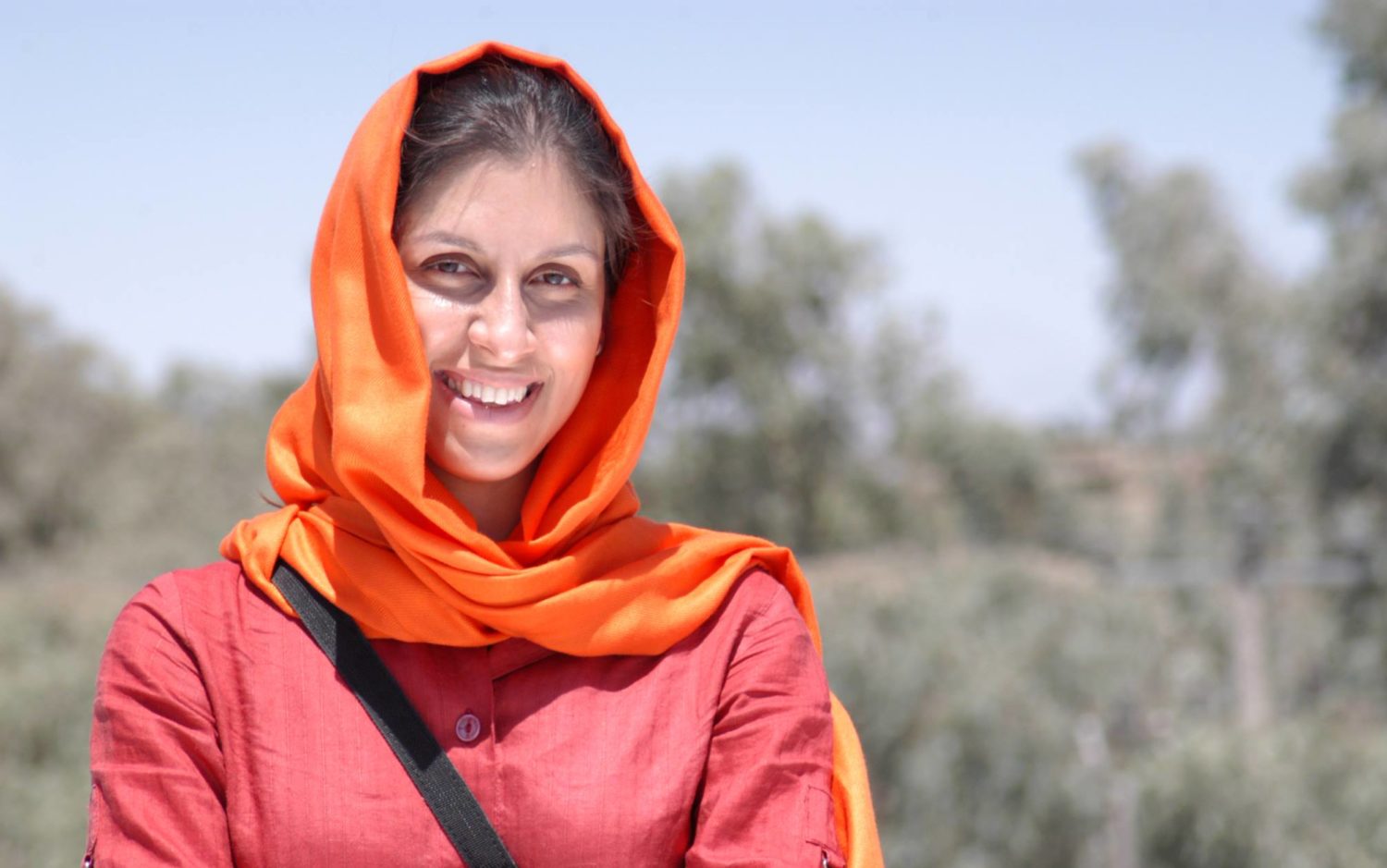
REDRESS Warns UN Experts of Risk that Iran Blocks Nazanin’s Release on 7th March
REDRESS has sent a briefing to United Nations human rights experts highlighting the risk that a second case may be used by Iran to block the release of British-Iranian charity worker Nazanin Zaghari-Ratcliffe at the end of her sentence on 7th March 2021.
The briefing was sent yesterday to the UN Special Rapporteur on Torture, the Special Rapporteur on Iran, and the Working Group on Arbitrary Detention (UNWGAD) who have previously made public statements about Nazanin’s treatment. REDRESS now seeks that they recognise the conclusion of Nazanin’s five-year sentence and call for her release at the highest international levels.
REDRESS, which has been acting as legal representative to Nazanin and her husband Richard Ratcliffe since 2016, notes in the briefing that while Nazanin’s sentence is due to expire on 7th March, “there are grave fears that this second case will be used by the Iranian regime to block her release, given that Iran has never followed the rule of law in Nazanin’s case.”
The briefing also highlights that Iran’s treatment of Nazanin amounts to torture under Article 1 of the UN Convention against Torture. Six United Nations Special Rapporteurs have previously stated that Nazanin’s treatment may amount to cruel, inhuman or degrading treatment or torture, as prohibited under Article 7 of the International Covenant on Civil and Political Rights.
Nazanin was sentenced to five years in prison in 2016 on charges of crimes related to national security in a secret and unfair trial. In August 2016, the UNWGAD found her detention to be unlawful under international law and requested Iran to release her. The UNWGAD noted that Nazanin’s detention was arbitrary on the basis that it was “clearly impossible to invoke any legal basis justifying the deprivation of liberty” and referred the case to the Special Rapporteur on Torture for further consideration.
The Iranian authorities originally initiated a second case against Nazanin in October 2017, based on an unfounded charge of “spreading propaganda against the regime”. Since then, the Iranian authorities have consistently used the threat of this unresolved case to block legal avenues to Nazanin’s release, including in the form of a clemency ruling by Iran’s Supreme Leader, and entitlement to parole after serving one third of her sentence.
A legal opinion commissioned by REDRESS published on 17 October 2017 found that Nazanin’s detention was also illegal under Iranian law.
Nazanin is being detained as part of Iran’s practice of arbitrarily detaining foreign nationals for diplomatic leverage. Nazanin has been told by Iranian authorities that she is being held because of the UK’s failure to pay an outstanding £400 million debt to Iran. The debt is the subject of ongoing legal proceedings before the UK courts.
Nazanin remains under house arrest in Iran with an ankle tag that limits her movement to a 300m radius.
Rupert Skilbeck, Director of REDRESS, said:
“From day one Nazanin’s imprisonment has been illegal under Iranian and international law. She is a victim of Iran’s ‘hostage-diplomacy’. Iran has never followed the rule of law in Nazanin’s case and we have grave fears that this second case will be used by the Iranian regime to block her release in March 2021.”
Notes to editors:
- Nazanin is a British-Iranian charity worker who has been arbitrarily detained in Iran and separated from her husband and daughter for five years. During this time, she has spent more than eight months in solitary confinement and has been denied urgent medical treatment. She is now under house arrest in Iran with an ankle tag.
- REDRESS has campaigned for Nazanin’s release since 2016. Following a submission by REDRESS, the United Nations Working Group on Arbitrary Detention found in 2016 that her detention was arbitrary and requested Iran to release her.
- Six United Nations Special Rapporteurs have previously stated that Nazanin’s treatment may amount to cruel, inhuman or degrading treatment or torture, as prohibited under Article 7 of the International Covenant on Civil and Political Rights. REDRESS considers that Iran’s treatment of Nazanin constitutes torture under Article 1 of the UN Convention Against Torture.
- In March 2019, following advocacy by REDRESS, the UK Government took the exceptional step of escalating the matter to an inter-state dispute with Iran, through granting Nazanin diplomatic protection.
- REDRESS’s work on Nazanin’s case is carried out in collaboration with Prof John Dugard SC, Alison Macdonald QC and Dr Tatyana Eatwell.
Photo credit: Free Nazanin Campaign.
